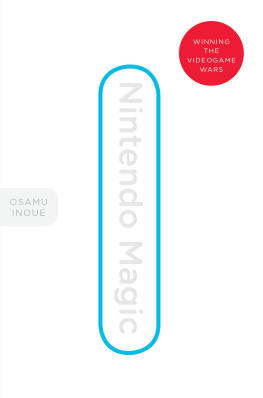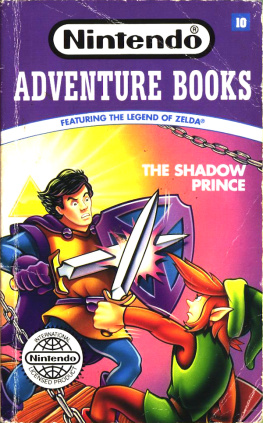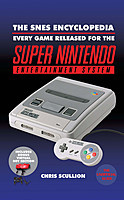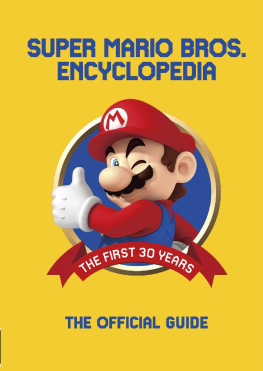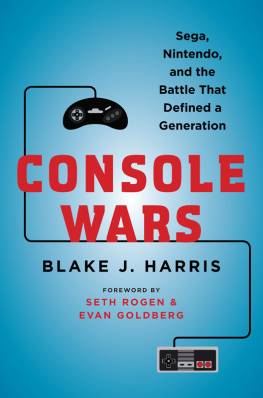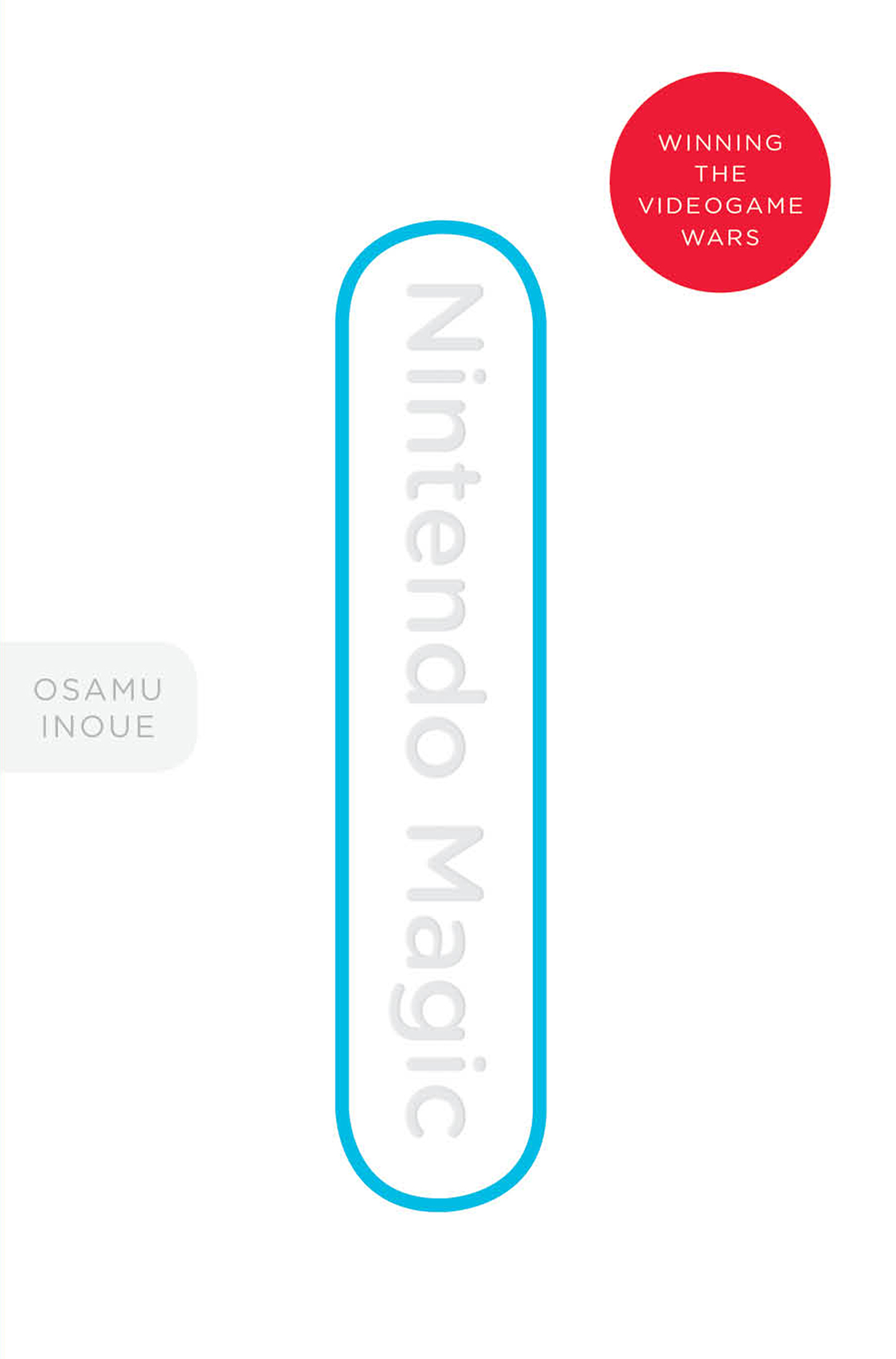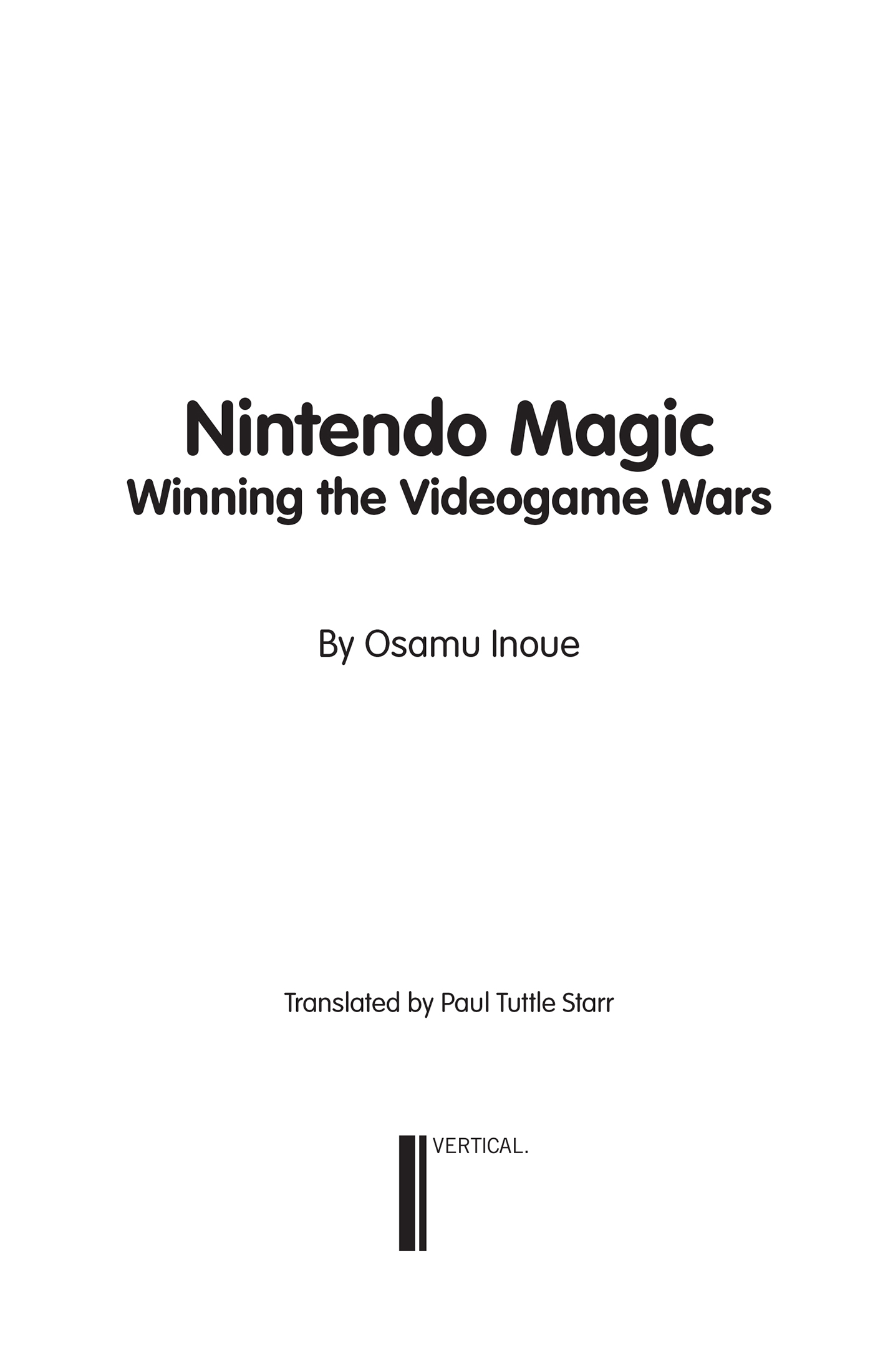All rights reserved.
Prologue: Unshaken by the Storm of the Century
In September of 2008, the world plunged into a once-in-a-century financial storm sparked by the surprise bankruptcy of Lehman Brothers Holdings.
Goods went unsold. Inventory and production costs inflated, causing production itself to fall. Reorganization of manufacturing bases forced accelerated layoffs, and the cost of that reorganization in turn impacted profits. Exchange-rate losses mounted on a strengthening yen.
Pandemonium doubled and redoubled. Between January and February of 2009, it became clear that a massive number of Japanese firms would see their profits disappear.
Toyota, Nissan, Panasonic, Hitachi, Toshiba, Sonyin an avalanche, the performance forecasts for all the major players toppled into the red to the tune of hundreds of billions of yen. The losses of the top ten electronics companies alone passed the two trillion yen mark. That winter, at the edge of a seemingly bottomless recession, they all felt the chill of the century.
Except Nintendo.
It had been six years and ten months since Satoru Iwata had taken the helm of Nintendo as president. March of 2009 became a memorable month for the company. Their portable game system, the Nintendo DS, had sold one hundred million units around the world, while the home console game system, the Wii, broke the fifty million unit mark.
The hundred million DS units sold in the four years and three months since its introduction were a record in the home videogame industry. Likewise, the Wii had only taken two years and five months to sell fifty million units, coming under the previous record of a little less than three years, which had been held by Sonys PlayStation 2 (PS2) system.
Nintendo was both trailblazer and king of the videogame industry.
They had grown into an international brand that could stand shoulder-to-shoulder with the likes of Toyota, and was fast establishing a reputation for innovation that put it in a league with companies like Apple and Google. Its growing performance also suited such comparisons.
Sales for the fiscal year ending in March 2008 were 3.3 times what they had been the first year of the Iwata era (period ending March 2003)coming to 1.6724 trillion yen, with the operating profits from their core business likewise 4.9 times higher, at 487.2 billion yen.
That amounted to sales of 440 million yen and operating profits of 130 million yen for each of the roughly 3,800 people Nintendo employed on a consolidated basis. Calculated against the number of core employees, responsible for most of that revenue, those numbers rise to 1.1 billion yen and 330 million yen, respectively.
In Toyotas case, with its seventy thousand-strong core workforce, sales per employee were 380 million yen, with operating profits of 33 million yen per. Nintendos far superior revenue and productivity is all the more stunning in that it not only weathered the panicked stampede that was the worldwide economic crisis of late 2008 but achieved growth despite it.
For the fiscal year ending in March 2009, Nintendo estimates record sales of 1.82 trillion yen. Operating profits, too, will reach a record high of 530 billion yen, putting them above Toyota, at the very top of Japanese industry.
Entering January, the company adjusted their performance forecasts for the 2009 fiscal year downwardbut unlike other companies, this was due only to the strong yen. The changing exchange rates took their toll on Nintendo, which exported 85% of its products, forcing them to lower forecasts for sales and operating profits by 180 billion yen and 120 billion yen, respectively, with net profits also expected to be down by 180 billion yen.
But that was all; in North America, the crisis source, their business was exploding.
In 2008, we sold 10.17 million Wii systems, and 9.95 million Nintendo DS systems. Both of these are records for gaming system sales over a single year, Iwata proudly stated at a financial results briefing held in January 2009.
The credit crisis and consumer recession seemed irrelevant. Wii Fita piece of fitness software for the Wiiflew off shelves when packaged in a set with the Wii system itself.
Sales of the Wii system boomed; in North America between October and December of 2008, they were up 54% compared with the same quarter a year earlier. In Europe (also includes some regions outside of Japan and North America), sales were up 91%o. Surprisingly, sales of the DS also continued to grow, fully five holiday seasons after its initial releasethey were up 4% over the previous year in North America, and up 11% in Europe.
Even with the end of the 2008 holiday season and the specter of consumer recession looming over early 2009, Nintendos success continued.
According to the NPD Group, an American research firm, in January 2009 the American videogame market (including hardware and software) had grown 13% relative to the previous year, and most of that growth had come from Nintendo products. The hardware leader was the Wii, at 680,000 units, followed by the DS at 510,000. The top three software titles were all Wii games, with Wii Fit selling 780,000 copies, breaking the record for January game sales.
Newspapers ran headlines like Recession-proof Videogames or Boosted by Nesting Instinct Purchase Trends, but ascribing Nintendos success during the recession to the fact that it was in the videogame business is a mistake.
In reality, rival Sonys console sales had fallen. During the last quarter of 2008, sales of its home game system, the Playstation 3 (PS3), were down 9% from the same quarter a year previous, with Playstation Portable (PSP) sales down 12%. January 2009 console sales were still down from the previous year.
Masashi Morita, an analyst with Okasan Securities whos familiar with the videogame industry, put it thus: Its not that Nintendo was strong in a recessionit would be more accurate to say that the recession is irrelevant to them. The reason being that even in a strong economy, boring products dont sell.
Indeed, Nintendo had brushed aside the implosion of the century, achieving nothing less than a triumph that would go down in both company and economic history.
But what is the source of this miraculous success? And what is the strength unique to Nintendo that has enabled such success? Surprisingly few people are able to answer those questions.
With Nintendo performing so spectacularly on the world stage, the media worldwide is eager to know their secret. But nearly all have been turned away at the door. Thats just the way the company is.
Nintendo prefers not to have its management discussed by outsiders, even eschewing praise. As a result, despite the companys success, opportunities for individual interviews are extremely rare, and there are essentially no publications that deal with Nintendos management.
Well talk about our products as much as you like. But a profile of the company president, or a discussion of our management practices and ideals? Those have nothing to do with products. Our attention is focused on game hardware and software. We hold thorough investor meetings. Theres no point in doing individual interviews. Anytime we have something to say, well put it on our website.

